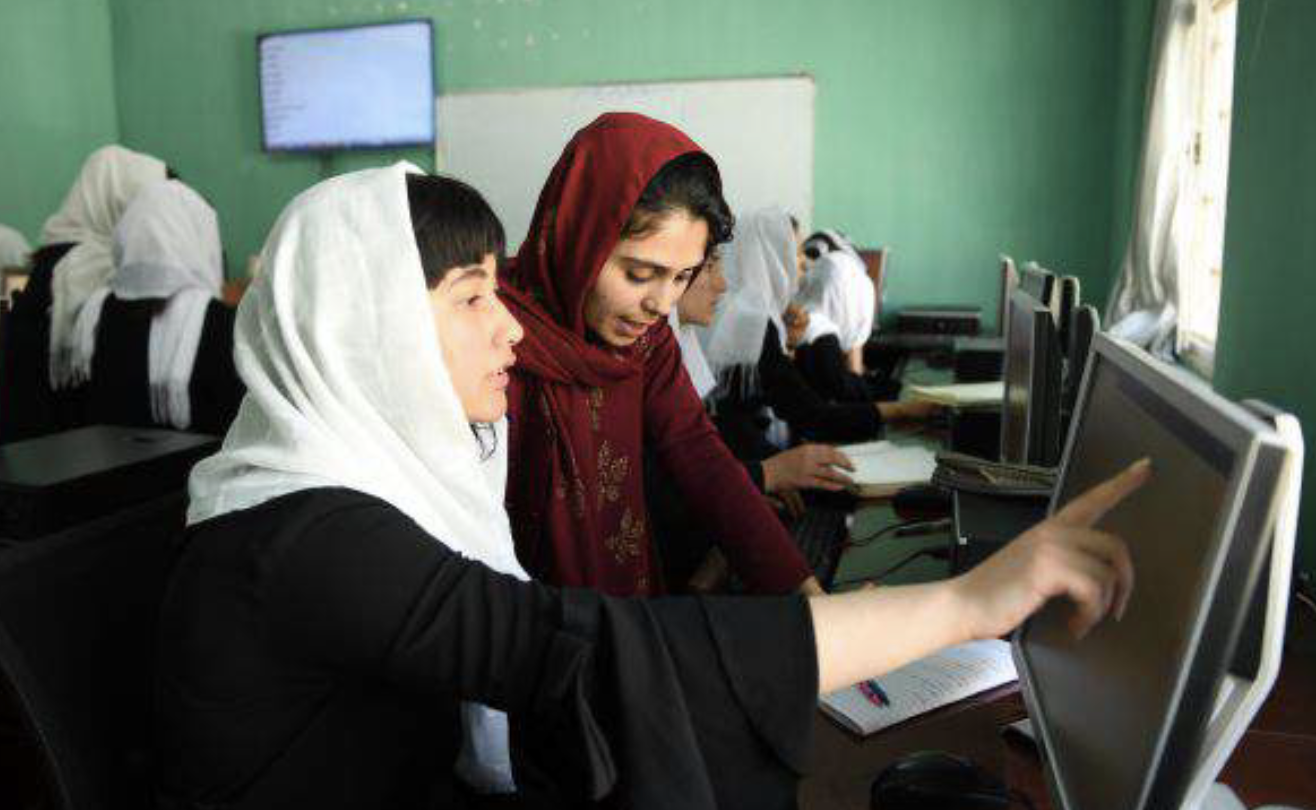April 2021
Abandoned Improvised Mines (AIM) have caused over half of all landmine/explosive remnants of war (ERW) civilian casualties in Afghanistan in the last 5 years, killing thousands . Anti-Vehicle Mines (AVM) comprise over half of the remaining suspected and confirmed hazardous areas in the country. The HALO Trust is the major clearance organisation for both types of landmines. The impact assessments were based on primary research directly with communities affected by AVM and AIM and their subsequent survey and clearance.
Read More



















